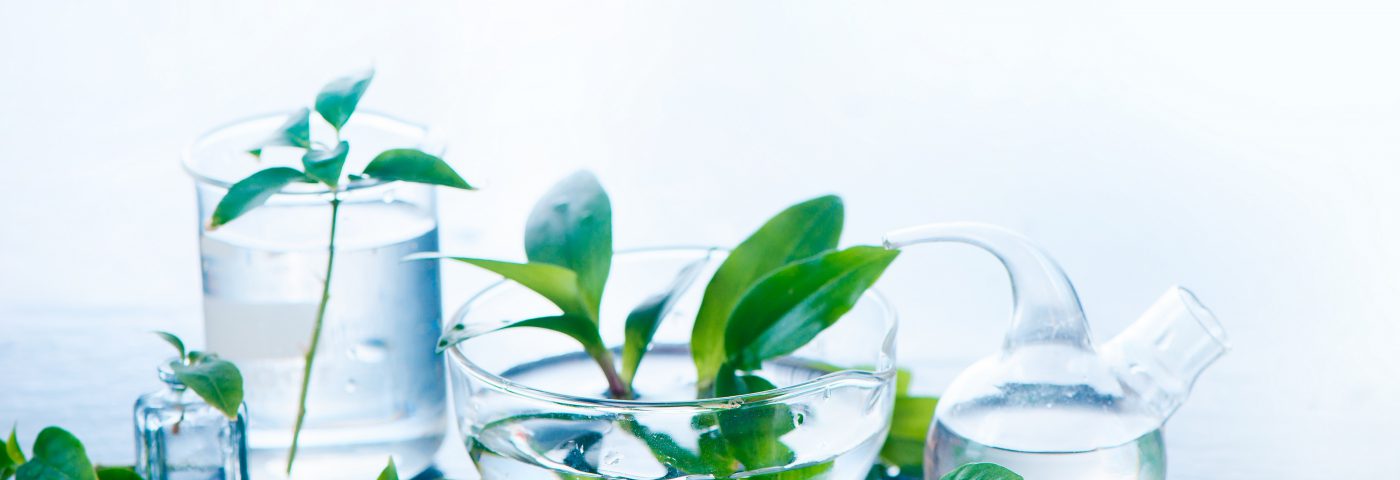By Karen Young of The Young Group
There are many consumer trends today that are influencing behavior and driving purchase in multiple categories. While our focus is on beauty and personal care, it’s important to remember that many of the trends we are dealing with started or became well established in other categories before moving into beauty.
Two of these trends are now significant drivers in beauty and show no signs of slowing down.
- plant based products (vs synthetic or animal derived)
- importance of sleep for good health.
Trend One: Plant Based Products
This movement started in the food industry several years ago, before working its way into cosmetics and personal care.
The “Meatless Monday” plan was developed in the US in 2003 by a non-profit group in conjunction with Johns Hopkins’ Bloomberg School of Public Health. It was intended to reduce dietary saturated fat, thus improving health, as well as lowering the environmental burden of animal-based food production. Replacing some meat with a plant-based diet also increases anti-oxidant intake, another element critical to health (TodaysDietician).
It’s impossible to have overlooked this trend in beauty. According to Kline, natural products now have a 12% penetration in the personal care industry and a 25% penetration in skincare. 73% of millennials believe it’s important to choose natural beauty products.
According to Transparency Market Research, “natural beauty” reached US$13B in sales in the US in 2018. According to NPD, “nature inspired” products are 43% of skincare in the US in 2018**.
Two beauty/personal care categories that are particularly susceptible to conversion to “natural” are deodorants and hair color. The natural deodorant category is full of activity, new launches and acquisitions (Unilever bought Schmidt’s). Much of the concern with traditional products is the presence of aluminum-based compounds, which are mostly found in anti-perspirants, not deodorants. Nonetheless, the trend appears to have settled in.
One of the most interesting newcomers to the deodorant category is Myro Deodorant (https://www.mymyro.com). Plant-based ingredients and reusable-refillable-recyclable packaging are noteworthy. Refills in various scents can be automatically replenished, further reinforcing the consumer connection. It doesn’t hurt that the package is Instagram perfect.
Another category with major toxicity concern is hair color. In response to this, L’Oréal recently launched Botanea, a plant based, ammonia free, professional hair dye (https://www.lorealprofessionnel.co.uk/hair-colour/botanea/ammonia-free-hair-colour-botanea).
L’Oréal states: Natural hair dyes are known for having limited color choices and colors with a low-intensity. It has also been a challenge to create with natural alternatives for ammonia and other chemicals that were thought necessary in hair dye, to achieve certain looks. The team at L’Oréal says Botanea solves these issues.
To find out about Trend Two: the importance of sleep for good health, log on again next week for part two of this blog.
**The category of natural, nature inspired, botanically derived and other similar descriptors are not defined or regulated.
Karen Young will be at in-cosmetics Global 2019, presenting “Exploring consumer drivers and influences in non beauty categories – What do they mean for the beauty industry” on Tuesday 2nd of April at 1PM in the Marketing Trends Theatre: www.in-cosmetics.com

